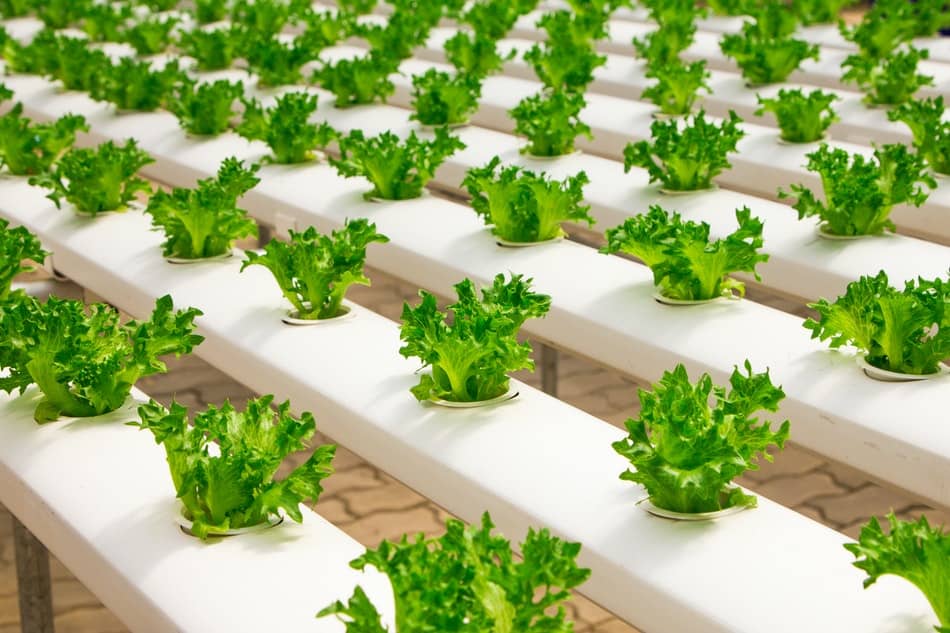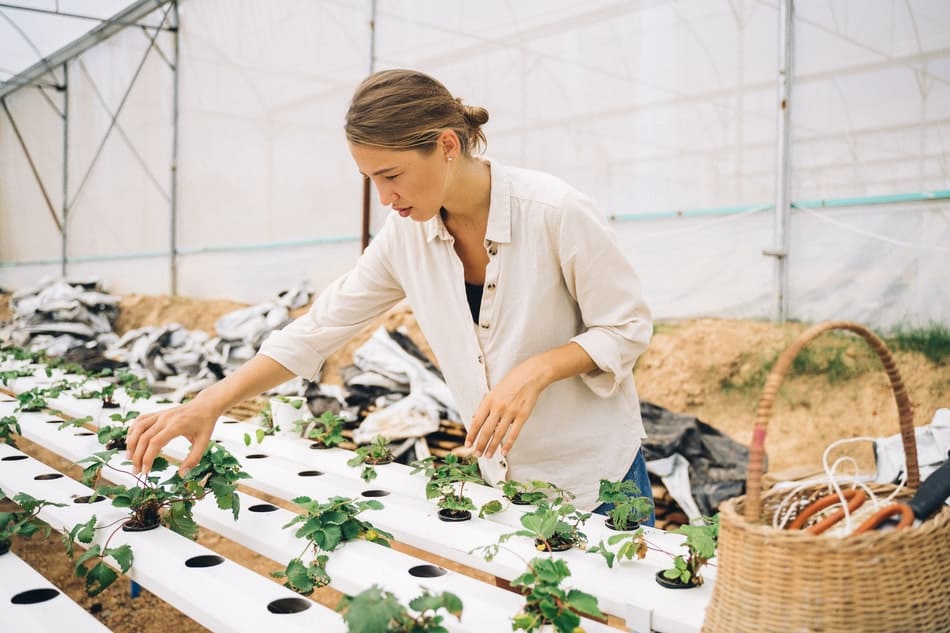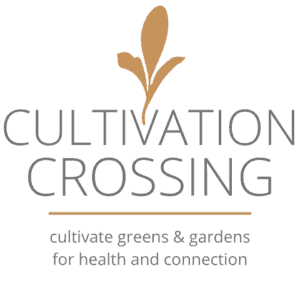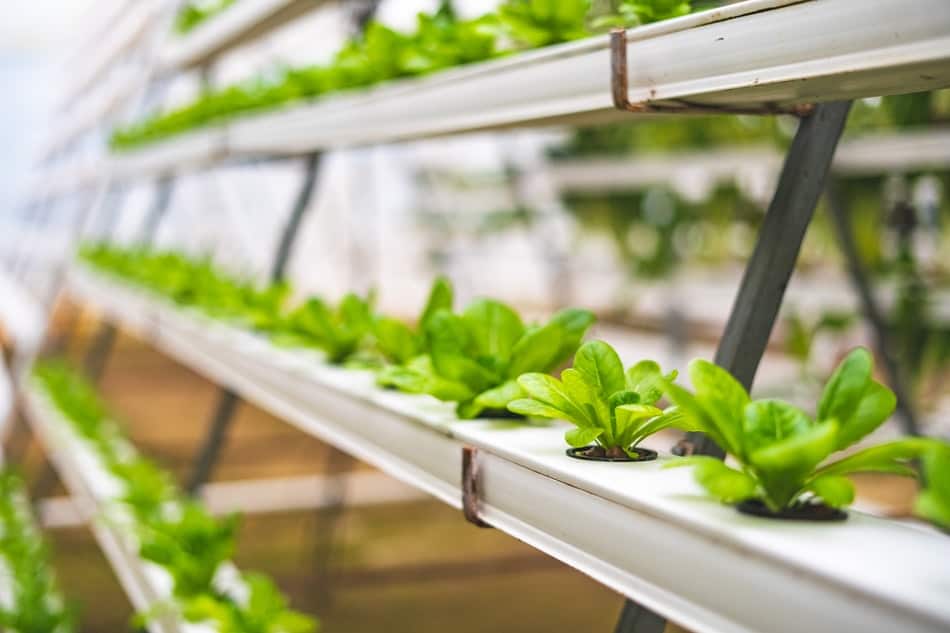If you’re new to the world of hydroponic gardening, you may be asking the question, how long do hydroponic plants last. The answer to this question depends on a few factors, such as the type of plant you are growing and the size of your garden. In this article, I will discuss the lifespan of hydroponic plants and offer some tips for keeping them healthy!
The average lifespan of a hydroponic plant is two to three years. With proper care, hydroponic plants can provide fresh produce for many years. However, it is important to remember that all plants have a natural life cycle and will eventually die.
Advantages Of Using The Hydroponic System
If you are thinking about starting a hydroponic garden, you may be wondering what some of the advantages are. Here are five reasons why hydroponics can be a great option for growing your plants:
Hydroponics is a great way to save water. Because the roots of the plants are constantly submerged in water, there is very little evaporation and runoff. This means that you can use up to 90% less water than if you were growing your plants in soil.

Hydroponics allows you to grow plants in any location. Whether you have a small apartment or a large piece of property, hydroponics can work for you. All you need is access to light and water.
Hydroponics is a great way to control the nutrients that your plants receive. When you grow in soil, there is a chance that the plants will uptake different amounts of nutrients depending on the quality of the soil. With hydroponics, you can add the exact amount of nutrients that your plants need, ensuring they get everything they need to thrive.
They can help you to grow bigger and healthier plants. Because the roots have constant access to water and nutrients, they can grow much larger than if they were growing in soil. This means that you can get bigger fruits and vegetables from your hydroponic garden.
Hydroponics is a great way to get started with gardening. If you are new to gardening or don’t have a lot of experience, hydroponics can be a great option. They are relatively easy to set up and maintain, and you can get started with a small setup.
As you can see, there are many advantages to using the hydroponic system. If you are looking for a new way to garden, hydroponics may be right for you. Give it a try and see how you like it!

Tips On How To Keep Your Hydroponics Plant Healthy
If you’re thinking of starting a hydroponics garden, or you already have one and want to keep your plants healthy, here are five tips.
- First, make sure you’re using the right kind of water. Hydroponics plants need water that is free of chemicals and other contaminants. You can use distilled water or purchase special hydroponic water from a gardening store.
- Second, choose the right growing medium. There are many different types of growing mediums that can be used for hydroponics, including gravel, sand, clay pellets, and perlite. Each type has its advantages and disadvantages, so do some research to figure out which one will work best for your plants.
- Third, provide your plants with the right nutrients. Plants grown in hydroponic gardens need to be fertilized more often than plants grown in soil because they don’t have access to the nutrients in the ground. You can purchase special hydroponics fertilizer from a gardening store or make your own using recipes that are available online.
- Fourth, ensure that your plants are getting enough light. Hydroponics plants need more light than plants grown in soil because they’re not able to rely on sunlight for energy. You’ll need to provide artificial lighting, which can be done with fluorescent bulbs, LEDs, or high-intensity discharge lights.
- Finally, monitor your plants closely and make sure you’re addressing any problems immediately. Because hydroponic gardens don’t have the same level of protection as soil-based gardens, it’s important to be on the lookout for pests, diseases, and other problems. Check your plants regularly and take action if you see anything that doesn’t look right.
By following these tips, you can keep your hydroponics garden healthy and thriving. And, you’ll be able to enjoy the fruits (or vegetables) of your labor all season long.
What Nutrients Can Make My Hydroponics Plant Last Longer?
Here are four nutrients your hydroponics plant needs for long, healthy life.
First on the list is nitrogen. Nitrogen is an essential element of chlorophyll, which gives plants their green color and helps them produce food through photosynthesis. A lack of nitrogen will cause your plants to become yellow and stunted.
The second is phosphorus. Phosphorus is necessary for cell division and root growth. It also helps your plant resist disease and pests. A phosphorus deficiency will cause your leaves to turn blue-green or purple and may stunt the growth of your plant.
The third is potassium. Potassium helps with water uptake, photosynthesis, and fruit and flower production. A potassium deficiency will cause your leaves to yellow and your plant to be less resistant to disease.
Finally, magnesium is important for photosynthesis, cell division, and the synthesis of chlorophyll. A magnesium deficiency will cause your leaves to become yellow or brown around the edges.
If you make sure your hydroponics plants are getting all of these nutrients, they will be on their way to a long and healthy life.
How Much Sunlight Do Hydroponic Plants Need To Grow?
Hydroponic plants are often grown under artificial light, but how much sunlight do they need to grow? The amount of sunlight hydroponic plants need depends on the type of plant and the stage of growth. For example, seedlings and young plants need more light than mature plants.
In general, most hydroponic plants need at least 14 hours of light per day to grow properly. If you are using artificial lights, make sure they are turned on for at least 14 hours each day. If you are growing your plants outdoors, make sure they have access to direct sunlight for at least part of the day.
Final Words
The bottom line is that hydroponic plants can last for years with the proper care. However, like all plants, they will eventually die if not given the proper attention. If you are thinking of growing hydroponically, be prepared to put in the time and effort to ensure your plants thrive. With a little TLC, you can enjoy fresh, healthy produce for years to come. Thanks for reading!
Related Articles

